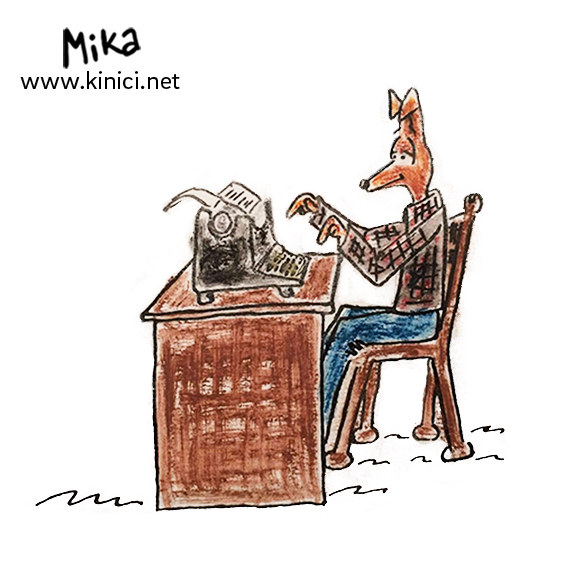 18/3/2018
18/3/2018
There are many misconceptions about dogs. One of them is that dogs love children. It is not false that dogs can love children a lot. But this is not the rule. If it was, there will be no statistic on 50% dog bites being inflicted on children, aged two to five, in USA.
If this is the case, it is the easiest to say "I will keep my child away." But, in their lifetimes, they will meet. Even if they successfully avoid each other, it would be a pity for a child to grow up not getting to know and respect animals, therefor, dogs as well. The role of animals in ecosystem and in nature is priceless. It concerns every single one of us. Just because some of them live far far away, does not mean they are far from influencing our lives.
Two extremes parents will go to when teaching their children are: "Don't, doggy will bite you" and "Look at the doggy" which is followed by running towards it.
What is actually an orderly thing to do is: It is necessary to teach your children to ask the owner if they can approach the dog. The owner should not hesitate to decline, if the assessment is that the dog will not be pleased. This, by definition, does not mean that the dog is aggressive. This can mean that the dog does not want someone in its personal space. On the other hand, if the approach is approved, that should not be done in a rush in order to pet the dog. There are proper and improper ways of greeting the dog. If the proper way is followed, there will be no inconveniences. Otherwise, the dog can interpret the approach as an attack and react by growling or biting.
However, bringing the dog to a park full of unfamiliar children, and claiming: "It is alright, it won't!" and letting it run with excited children, often puts the dog into excited mood. The more the dog is excited, the less it is under control. It will be more difficult for it to listen to us.
If dog perception and communication is respected, dogs and children can become great friends.
